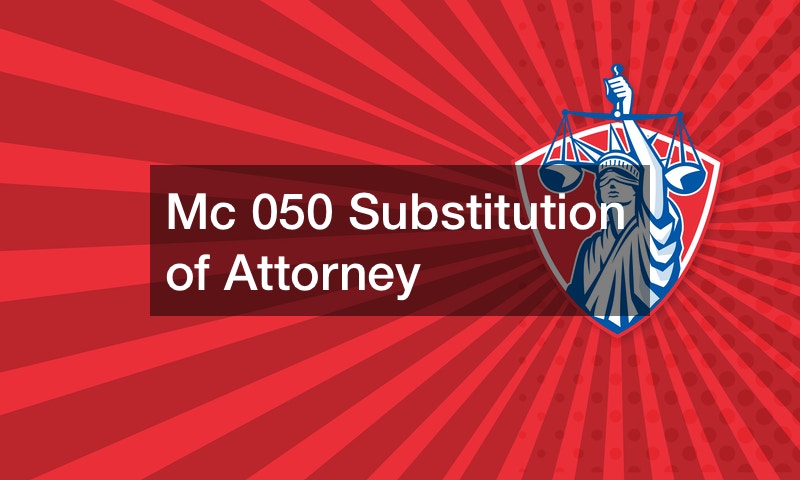
When an individual is arrested, they may be given the option to post bail—a financial guarantee paid to the court to ensure they will appear for future court dates. If the individual cannot afford to post bail, they must remain in jail until their court hearing or trial, which can significantly vary in duration based on several factors.
Factors Affecting Duration in Jail Without Bail
Legal System Backlog: One of the primary factors influencing how long a person stays in jail if they cannot make bail is the backlog of the legal system in their jurisdiction. Busy courts with many pending cases may take longer to schedule hearings or trials, leading to longer periods of incarceration for detainees.
Severity of the Crime: The nature and severity of the accused crime also play a critical role.
Those charged with more serious crimes might find their cases prioritized and scheduled more quickly, but they also tend to have higher bail amounts, making it more difficult to secure release if unable to pay.
Defense Preparedness: The readiness of the defense can affect the timeline. If additional time is required to prepare a case, a defense attorney might request a later court date, potentially prolonging pre-trial detention.
Jurisdictional Policies: Different states and counties have varied regulations regarding bail and pre-trial detention. Some jurisdictions have attempted to reform bail practices, occasionally allowing for more non-monetary release options or reduced bail amounts, which can influence the duration one might stay in jail.
Implications of Staying in Jail Without Bail
Remaining in jail because one cannot afford bail has profound personal, financial, and social implications. It can lead to job loss, housing instability, and deteriorated personal relationships. The strain of incarceration and the associated uncertainty also have significant mental and emotional health impacts.
Bail Reform and Alternatives
In response to the challenges posed by the traditional cash bail system, there have been movements towards bail reform in various parts of the U.S. These reforms aim to create a more equitable system that does not disproportionately penalize the economically disadvantaged. Alternatives to traditional cash bail include:
Own Recognizance (OR) Release: Allowing defendants to be released on their own recognizance means they pledge in writing to appear in court as required, without needing to pay bail.
Pretrial Services Programs: These programs evaluate the risk posed by releasing a defendant prior to trial and might monitor those who are released to ensure they comply with court dates and conditions.
Watch the video above to learn more and answer the question, how long do you stay in jail if you can’t make bail?





